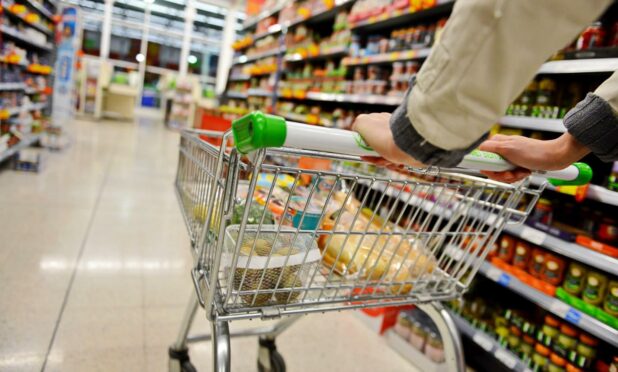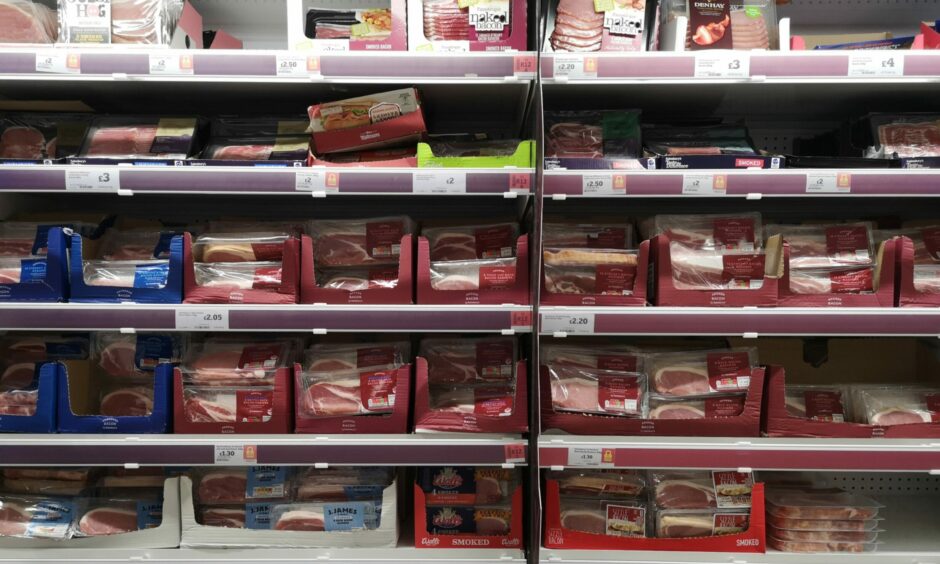British supermarkets have been told to apply their rules for responsible antibiotic use to all animal produce they sell – not just their own-brand UK-produced meat, eggs and dairy.
The pressure group Alliance to Save our Antibiotics (ASA) claims only some of the UK’s supermarkets have antibiotics policies which cover imports.
ASA adds that new trade deals with countries that have different antibiotic rules could add to a lack of clarity for shoppers.
Suzi Shingler of ASA said the organisation had launched a petition in World Antimicrobial Awareness Week, urging all supermarkets to adopt the same standards for imported and British produce.
She added: “Supermarkets have a responsibility to ensure that all meat, dairy and eggs they sell is produced without misusing antibiotics and comes from farms with good husbandry.
“The current mishmash of rules means that consumers cannot tell whether this is the case or not.
“Some imported food may even be produced by using antibiotics to make animals grow faster, a practice which has been banned in the UK for 15 years. “
According to a survey by ASA, all 10 leading UK supermarkets now have public farm antibiotic policies that include a ban on most or all of their UK own-brand suppliers from using antibiotics for routine disease prevention.
However, while all supermarkets meet minimum legal standards, they have differing approaches to own-brand ready meals, processed food or imported food.
The petition is being supported by Dr Chris Van Tulleken, an infectious diseases doctor and MRC Clinical Research Fellow at University College London Hospital.
He said: “We need to get antibiotic misuse out of the food chain as it is contributing to the global crisis of antibiotic resistance.
“If we no longer have reliable, effective antibiotics, we will see a lot more deaths due to infection. This will even affect young people, including children.”
The British Retail Consortium has been contacted for comment.


